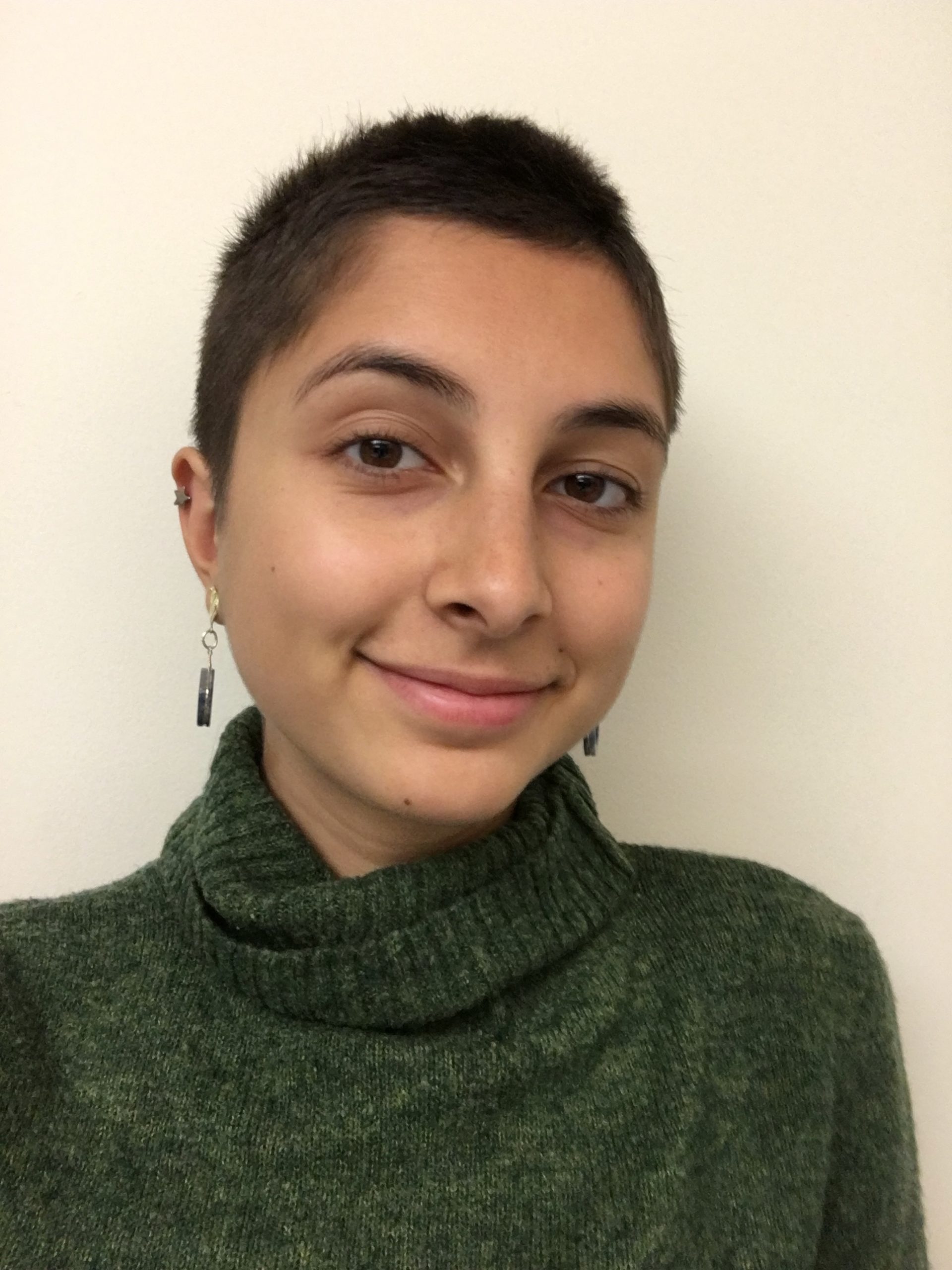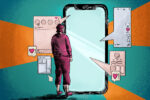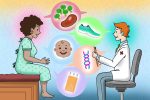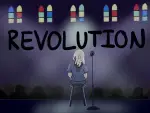Two French doctors sparked an uproar last Saturday when they suggested using African nations as a staging ground for COVID-19 vaccine trials. The comparison of African citizens to lab rats prompted #AfricansAreNotLabRats and related hashtags to trend on Twitter, with scores of celebrities posting their outrage.
Jean-Paul Mira, head of the intensive care unit at Cochin Hospital in Paris, and Camille Locht, research director at the French National Institute of Health and Medical Research, are under fire for comments they made during an interview on French channel LCI.
“If I could be provocative, shouldn’t we do this study in Africa where there are no masks, no treatment, no intensive care units?” Mira asked. “A bit like it is done for some studies on AIDS, where with prostitutes, we try things because we know that they are highly exposed and they don’t protect themselves.”
“You are right,” Locht agreed. “And we are in the process of thinking about a study in Africa in parallel to carry out the same type of approach with BCG, a placebo…” BCG is a vaccination commonly given to children in countries where tuberculosis is common, and has been linked to lowered death rates from COVID-19 in a study that has not yet been peer-reviewed.
As of April 10, France had 117,749 coronavirus cases, Italy had 147,577 and the United States had 478,272, while the whole continent of Africa had roughly 12,300 cases spanning across 52 countries. CNN has reported that African nations are taking steps to combat COVID-19, following social distancing guidelines similar to those in the Western world. In fact, African countries closed their borders to international travel well before they had as many cases as Western nations when they did the same.
Mira’s proposal certainly was provocative. Black Twitter — and Twitter at large — were quick to call them out. Leading activists, celebrities and soccer players from Africa responded in outrage and #AfricansAreNotLabRats was trending on Twitter by the next day. Retired Ivorian soccer player Didier Drogba got the ball rolling with the tweet, “I would like to vividly denounce those demeaning, false and most of all deeply racist words.”
It is totally inconceivable we keep on cautioning this.
Africa isn’t a testing lab.
I would like to vividly denounce those demeaning, false and most of all deeply racists words.Helps us save Africa with the current ongoing Covid 19 and flatten the curve. pic.twitter.com/41GIpXaIYv
— Didier Drogba (@didierdrogba) April 2, 2020
Africans were not the only people offended by the proposal. Eugene Gu, MD compared the French doctors to Nazi doctors. “Doctors can be monsters,” said the medical professional in a tweet.
The hashtag has spring boarded off of Twitter into the media, and was even made into a petition on Change.org. The Moroccan Lawyers Club have filed an official complaint with the public prosecutor in Paris for defamation and racism, calling the French doctors “colonialists.”
Mira has since apologized for the comments, saying in a statement released by Cochin Hospital that “I want to present all my apologies to those who were struck, shocked and felt insulted by the remarks that I clumsily expressed on LCI this week, as these remarks do not reflect at all what I am, and what I do every day, for almost 30 years now.”
Doctors who want to test experimental coronavirus vaccines in Africa, which has the fewest cases worldwide, is the modern equivalent of Nazi and Unit 731 doctors who so cruelly experimented on human beings.
Doctors can be monsters.#AfricansAreNotLabRats https://t.co/OWlOnqUybW
— Eugene Gu, MD (@eugenegu) April 4, 2020
Locht’s institute attempted to clarify his words, saying that “The only goal of his intervention was to confirm that the epidemic was of a global scale and that all countries should be able to benefit from the results of research.” However, the interview was conducted 24 days after COVID-19 was declared a global pandemic, at which time the World Health Organization made it clear that this was an epidemic of global scale.
At the beginning of this crisis, a false claim that “black people can’t get the coronavirus” circulated the internet due to the low reported rates of infection in African nations. Of course, no single race is immune to the virus, and at this point the African American community in the U.S. is one of the most hard hit. In Louisiana about 70% of people who have died from coronavirus as of April 7 are black, compared to just a third of the state’s total population.
Similar statistics are seen across the country; the African American community is disproportionally dying from this virus. Meanwhile in state prisons, where disproportionally high numbers of inmates are people of color, COVID-19 has begun its steady sweep. High death rates of black Americans has nothing to do with skin color, and everything to do with privilege. Black Americans make up a higher percentage of the essential workforce and thus cannot work from home, making them more exposed. They also have higher rates of diabetes, heart disease and lung disease, much of which can be attributed to generational poverty as a result of the institutional racism upon which this country was founded. The false rumor that people of color are more immune to coronavirus certainly did not help mitigate its steady march through the African American community.
Going back to the French doctors: This is not the first time that privileged intellectuals have proposed exploiting others for their own scientific purposes, with Nazi doctors being reference point A. This is also not the first time that white people have tried to exploit nonwhite people, a strategy that has always worked in the former’s favor. WHO Director-General Tedros Adhanom Ghebreyesus aptly called the doctors’ statements “the hangover from a colonial mentality.”
This also is not the first time that comments like these have received such instantaneous backlash, although perhaps it is one of the few times in which no one is on the doctors’ side. There is no crying political correctness on this issue; what the doctors said was plainly exploitative. The global nature of the COVID-19 pandemic has made it all the more obvious that this is not the time to be throwing each other under the bus.
Our globalized economy has both helped and harmed the world during this crisis. True, the pandemic would not have spread as quickly or disastrously if we didn’t have air travel that allowed us to fly halfway around the world in a day. But we also now have the tools to connect with people across the globe at the click of a button. No longer can we hide behind ignorance of other races and cultures, claiming that we don’t have to treat others equally because we believe ourselves superior. We know that eugenics is a pseudo-science, we know that coronavirus is not a Chinese disease and no one race is immune to it, and we know that Africans are not lab rats.
If the COVID-19 crisis can teach us one thing, it is that our world is at this point entirely interconnected. Racist comments made in France have a resounding impact across the world and off-the-cuff memes can cost lives.

















